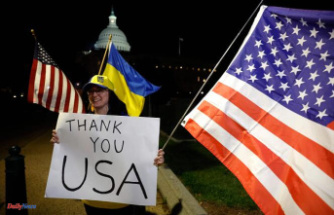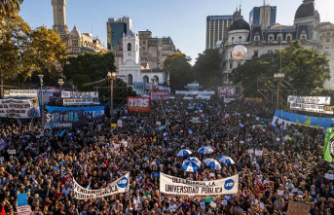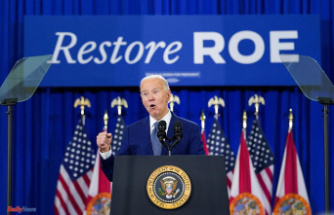The conclusion noted that it was the fifth time that the court has rejected the Ninth Circuit's analysis of California coronavirus limitations
The U.S. Supreme Court at a split decision late Friday ruled in favour of putting limitations on in-home spiritual parties, overturning a lower court ruling that upheld Gov. Gavin Newsom's limitations on individuals from various homes.
The 5-4 unsigned judgment follows other comparable conclusions recently regarding churches as well as also the coronavirus pandemic.
Chief Justice John Roberts dissented but didn't signal the dissenting statement filed by justices Elena Kagan, Sonia Sotomayor and Stephen Breyer.
The judgment said that before it may restrict spiritual parties, the government has to establish they pose a higher threat than secular pursuits that stay open, for example purchasing or attending films.
"Otherwise, precautions which suffice for different tasks suffice for spiritual exercise also," the vast majority opinion stated, adding that California"treats some similar secular tasks more favorably compared to at-home spiritual practice, allowing hair salons, retail shops, healthcare providers, movie theatres, private suites in sporting events and restaurants and indoor dining in restaurants to bring along over three families at one time."
The vast majority opinion added that the country can not"presume the worst if folks go to worship but suppose the best when folks go to work," at a quotation by a prior judgment.
Justice Elena Kagan, who dominated against easing limitations along with Justices Stephen Breyer, Sonia Sotomayor and John Roberts, wrote in a dissenting opinion that the nation has complied with the First Amendment since it also limits secular at-home parties to three families.
"The legislation doesn't require the State both treat apples and watermelons," Kagan wrote, stating that in-home parties should not be compared to companies.
The lawsuit was brought on by residents in Santa Clara County who maintain in-home spiritual meetings and maintained that the limitations infringed on their constitutional rights, based on The New York Times.
A federal judge ruled against the lawsuit, which has been maintained by the Ninth Circuit in San Francisco, prior to being chased by the Supreme Court.
"The country reasonably reasoned that when folks gather in social preferences, their interactions will probably be more than they'd maintain a commercial setting," that the Ninth Circuit composed of the national court's findings,"that participants at a social assembly are more inclined to participate in protracted conversations; that personal homes are usually smaller and much less ventilated than commercial institutions; which social distancing and mask-wearing are not as likely in personal settings and authorities is harder."












